
Family Safety Plan: Communication
Rob PincusWhen preparing for a disaster, making plans with your family is one of the most important steps you can take. The three Cs should dominate your actions with your family during any critical incident: Coordination, Communication and Cooperation. Rob Pincus expands on the three Cs, taking into consideration the probable challenges families will face during a disaster.
Share tips, start a discussion or ask one of our experts or other students a question.
Make a comment:
Already a member? Sign in
4 Responses to “Family Safety Plan: Communication”
Explore videos by Rob Pincus
Premium Membership
Unlock exclusive member content from our industry experts.
- 24/7 Access to Premium Personal Defense and Firearm Training Videos and Drills
- Step-by-Step Instructional Demos and Guides
- 50% Off Video Downloads Purchased in the Personal Defense Network Shop
- Access to Ask the Expert Program
Unlock exclusive member content from our industry experts.
- 24/7 Access to Premium Personal Defense and Firearm Training Videos and Drills
- Step-by-Step Instructional Demos and Guides
- 2 Full-Length Video Downloads to Watch Offline
- 50% Off Video Downloads Purchased in the Personal Defense Network Shop
- Access to Ask the Expert Program
Gold Membership
$340 Value
Get everything included in Premium plus exclusive Gold Membership benefits.
- 24/7 Access to Premium Personal Defense and Firearm Training Videos and Drills
- Step-by-Step Instructional Demos and Guides
- 9 Full-Length Video Downloads to Watch Offline
- 2 Full-Length Personal Defense Classes to Keep for Life
- 2 In-Depth Skill Development Presentations
- Discounts on Purchase-to-Own Content in the Personal Defense Network Shop
- Access to Ask the Expert Program
- Exclusive GOLD LIVE Streaming Events
Get exclusive premium content! Sign up for a membership now!

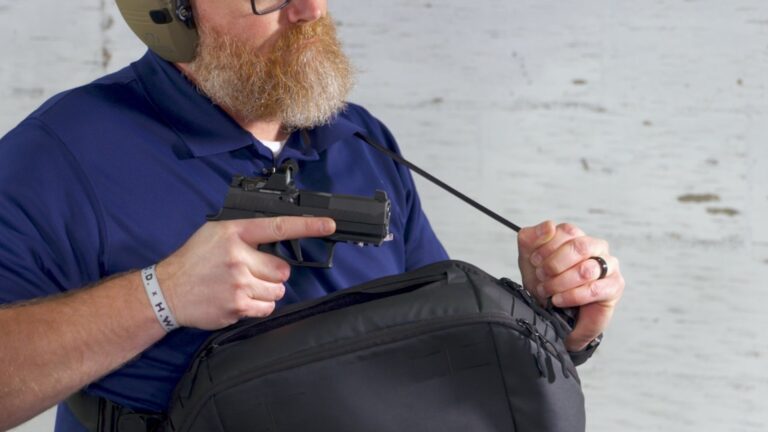
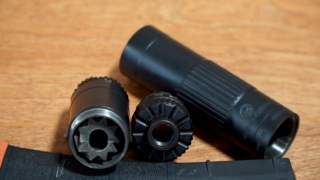
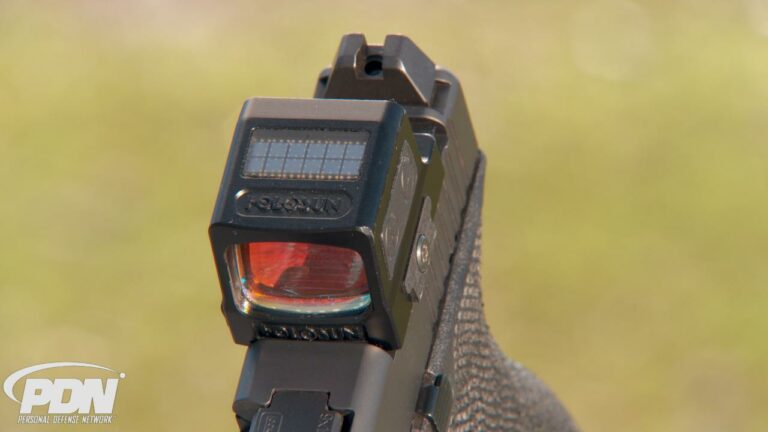
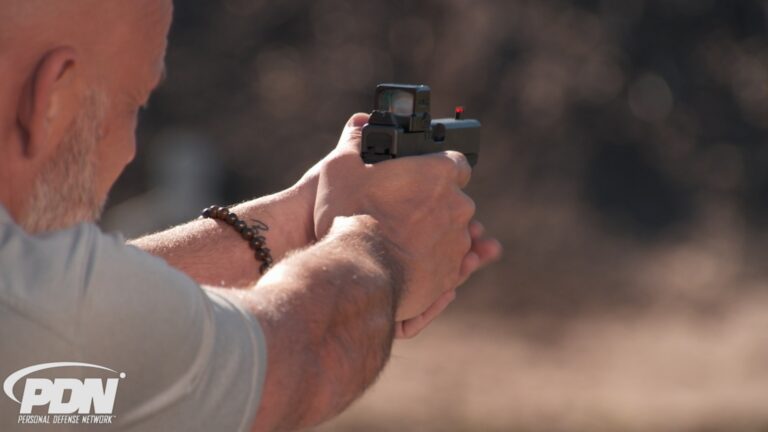

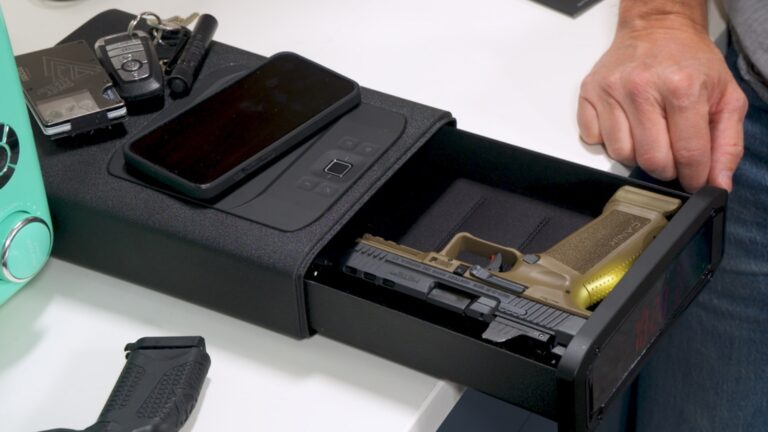
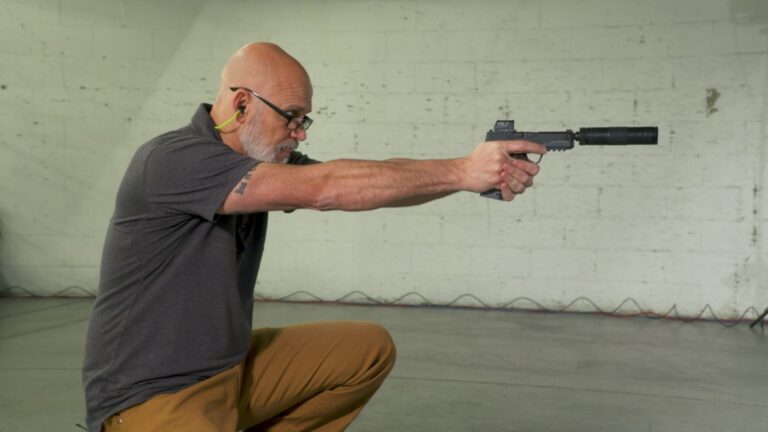
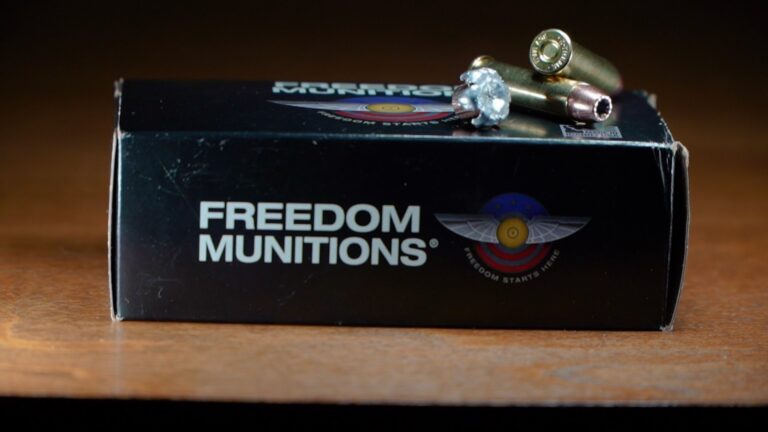
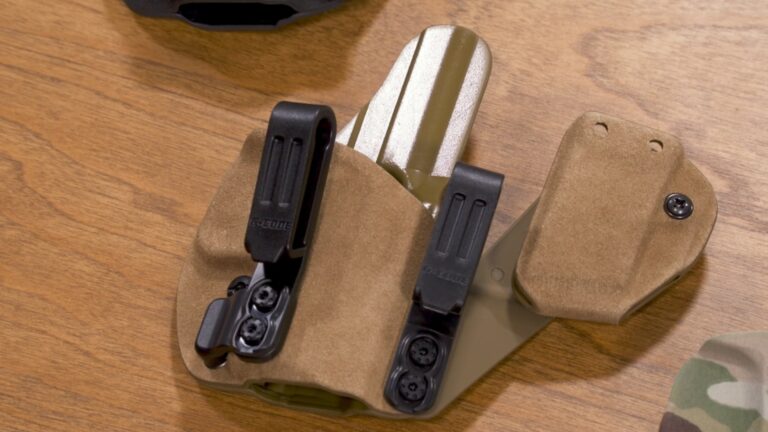

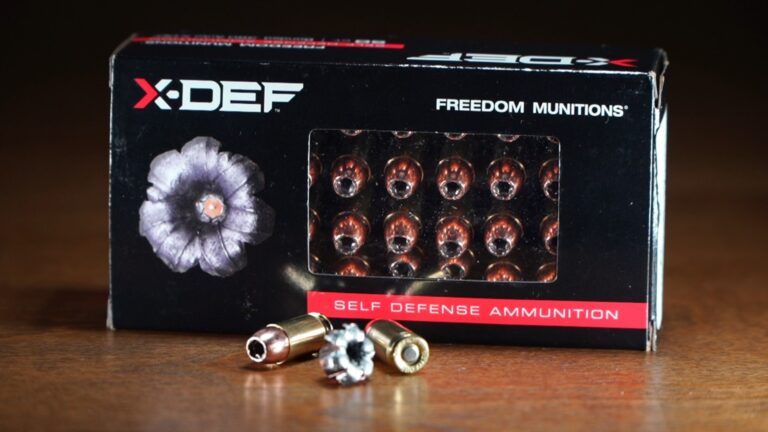
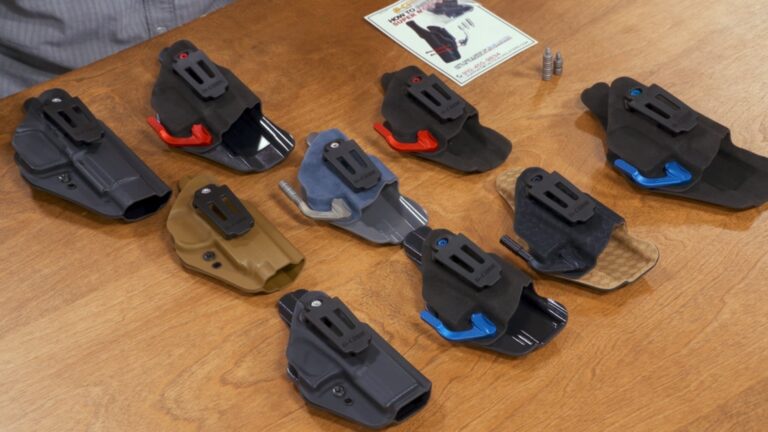
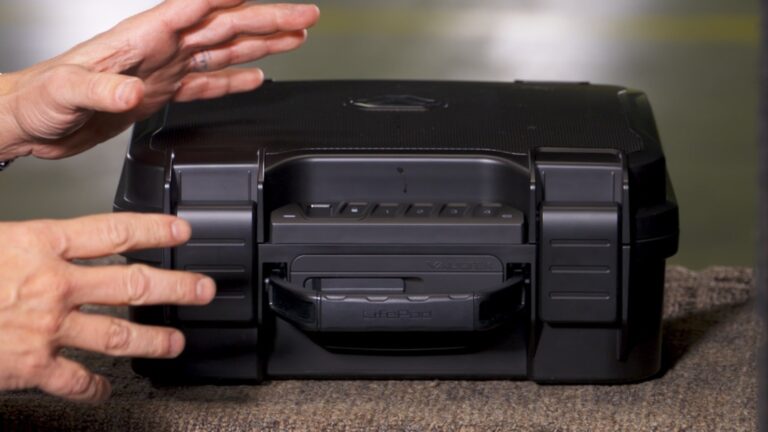
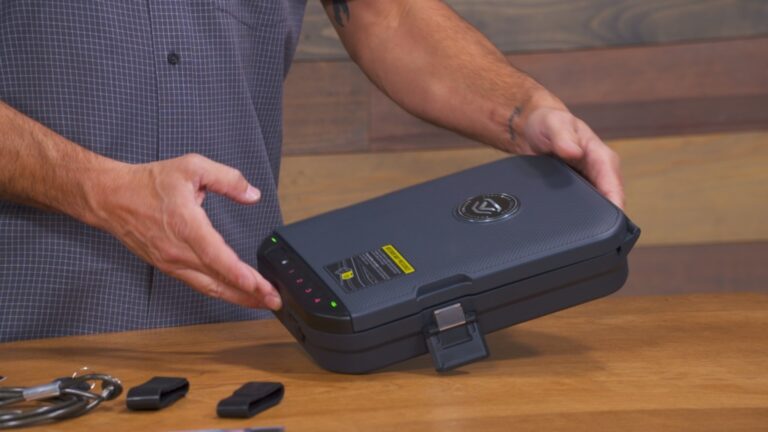
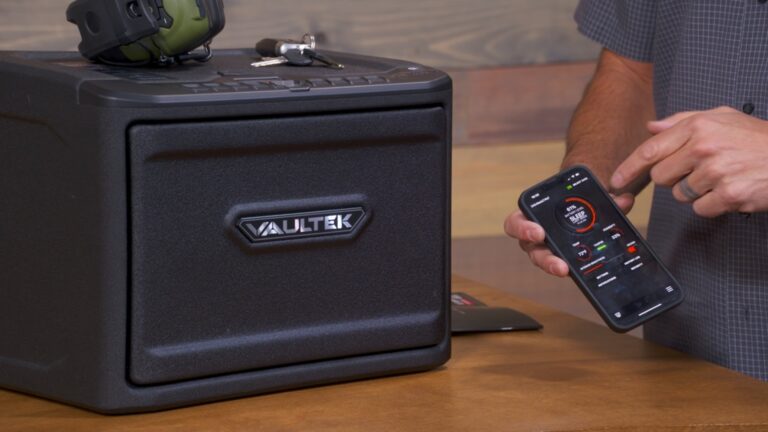
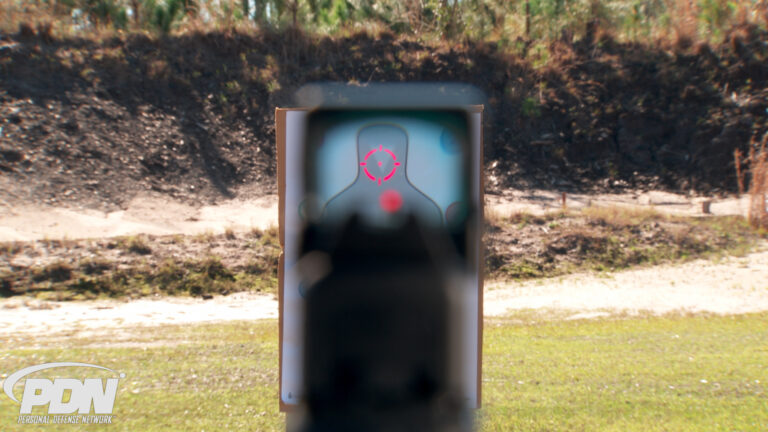
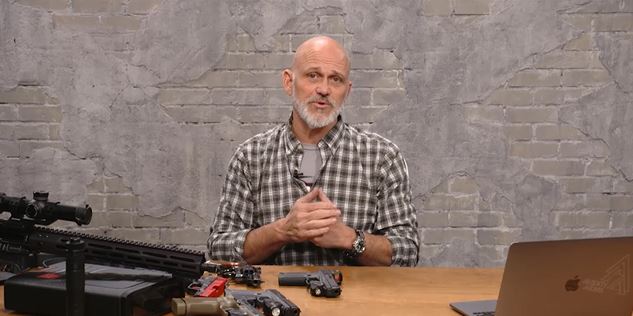
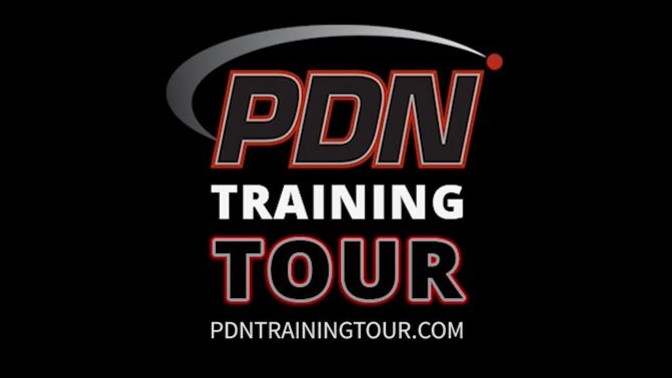

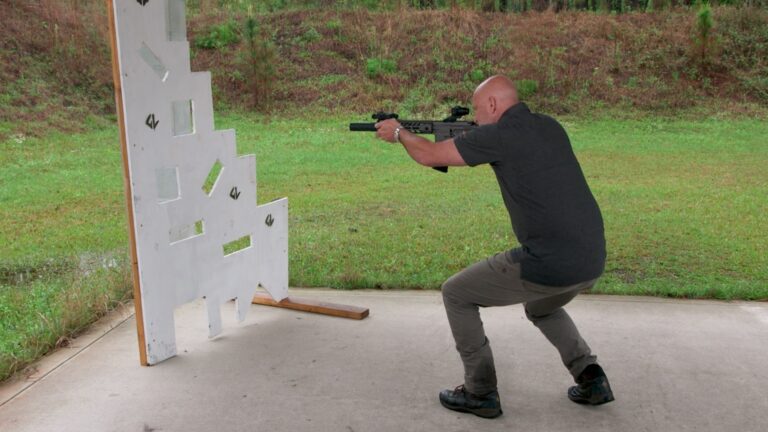
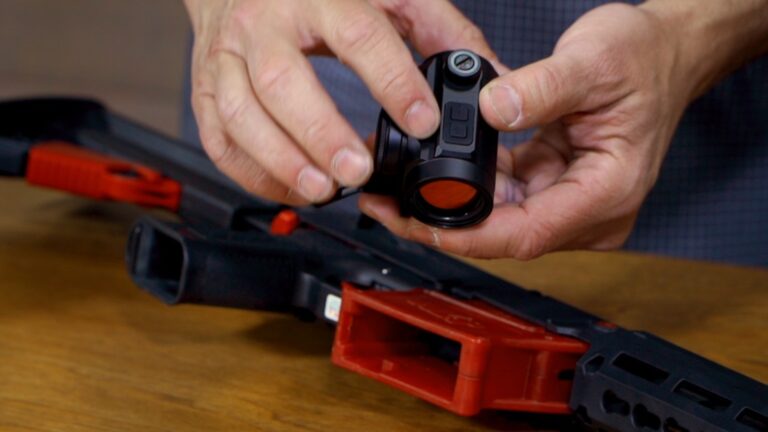

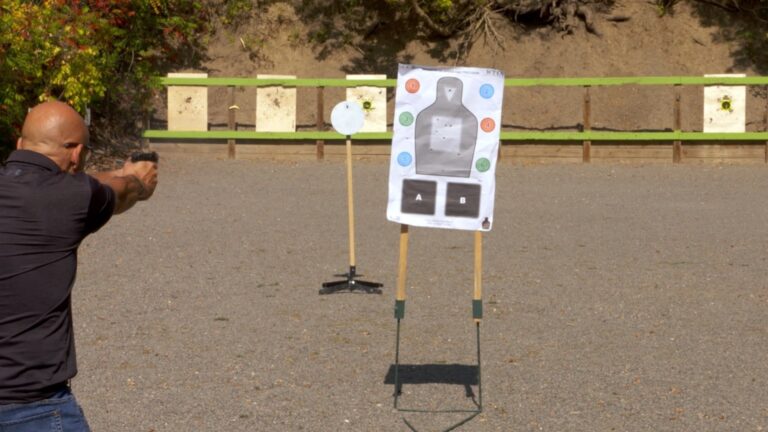
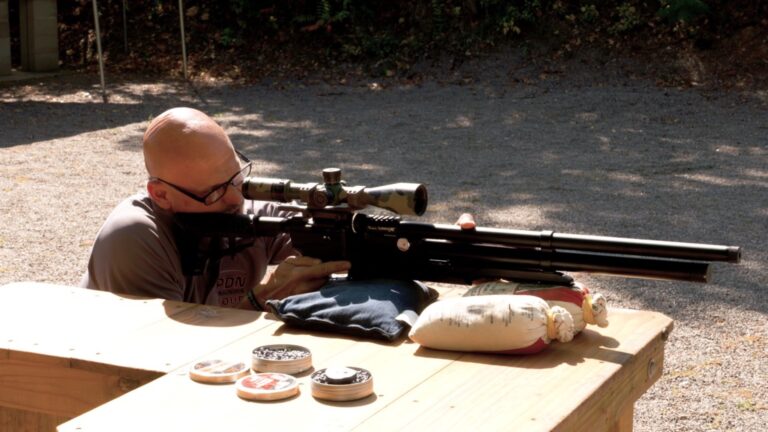


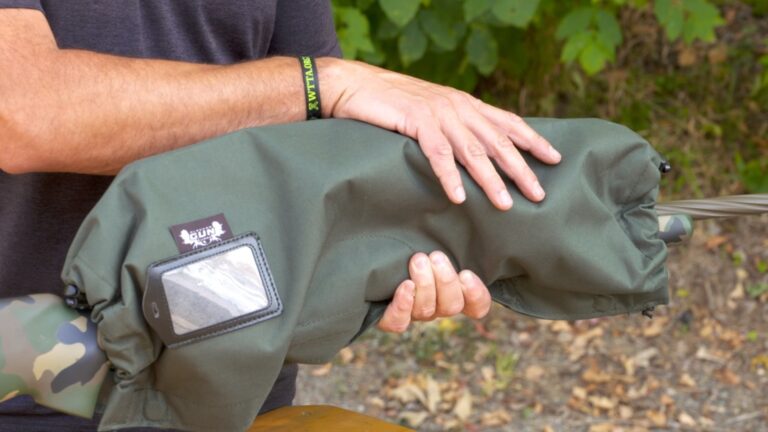
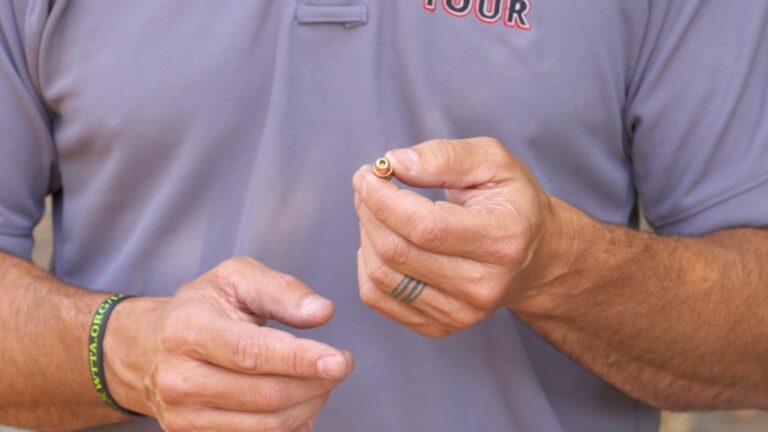
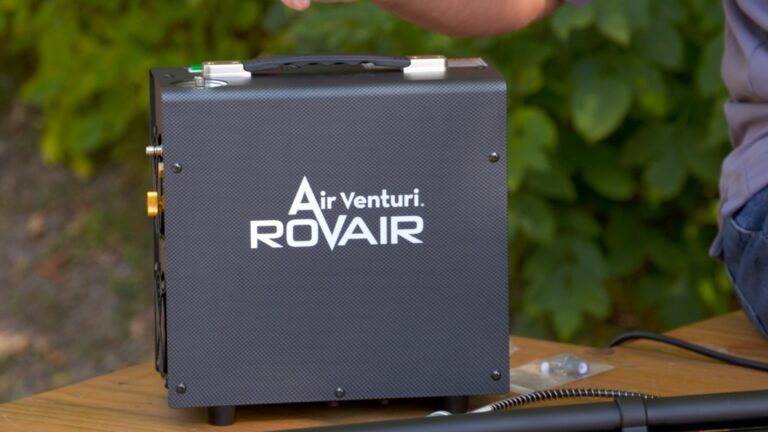
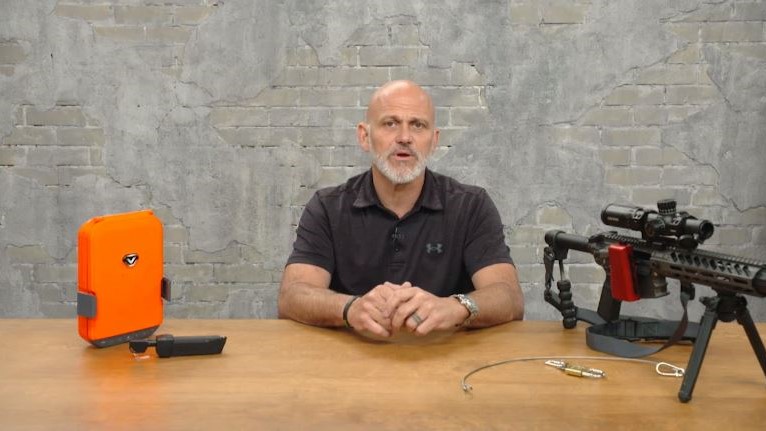
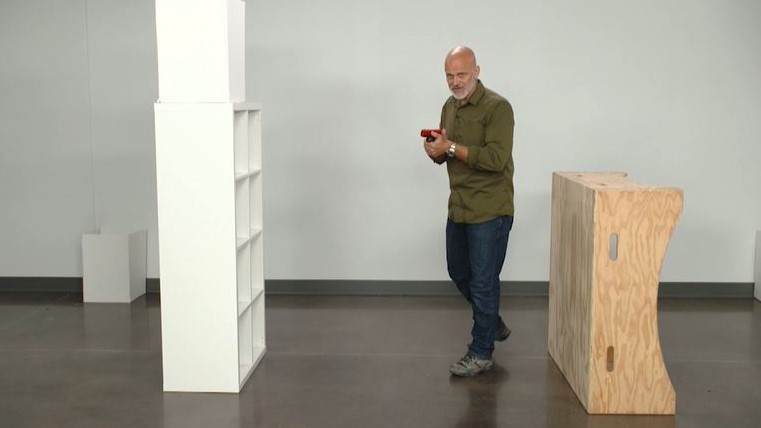
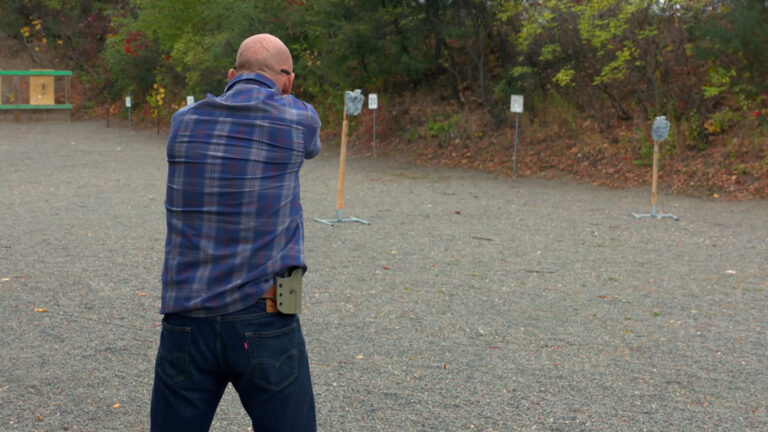
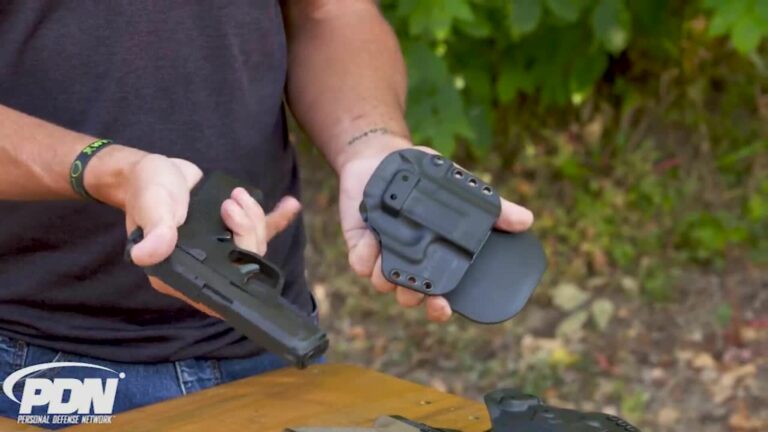
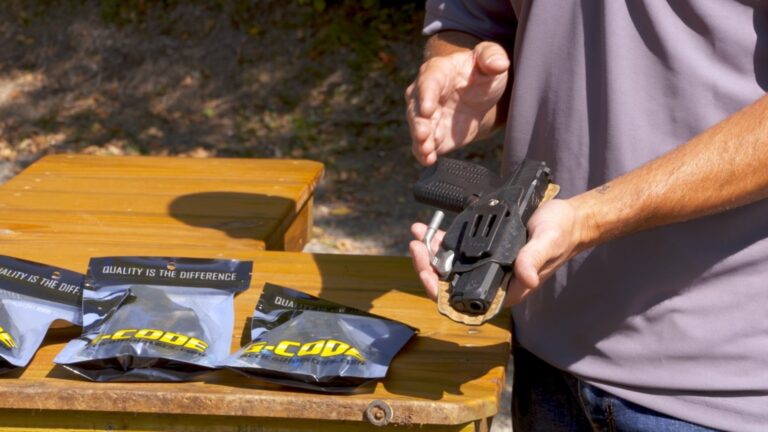
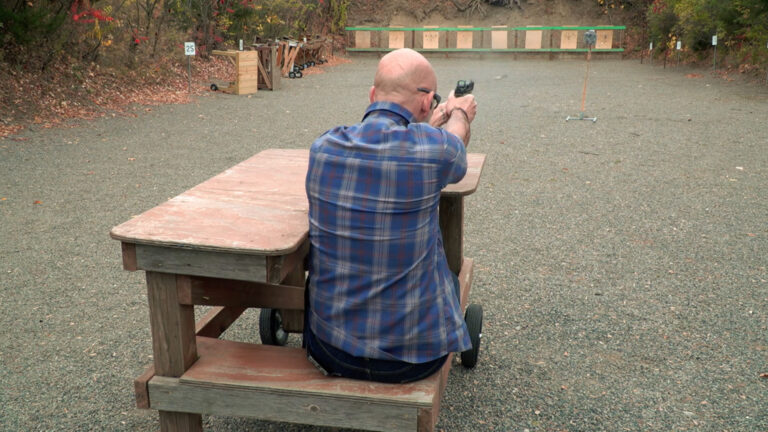

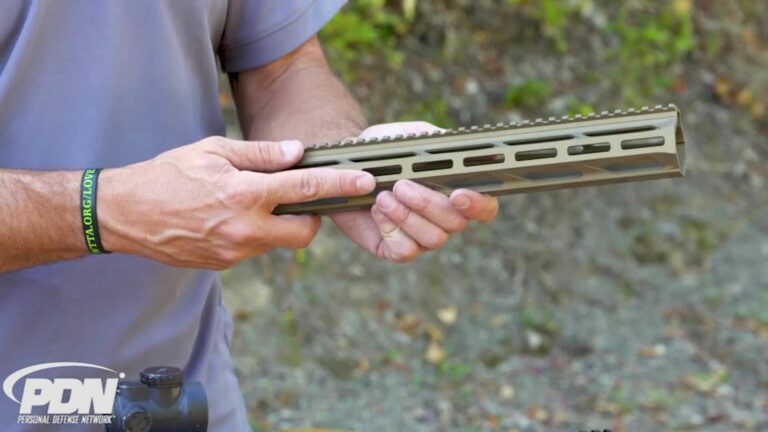
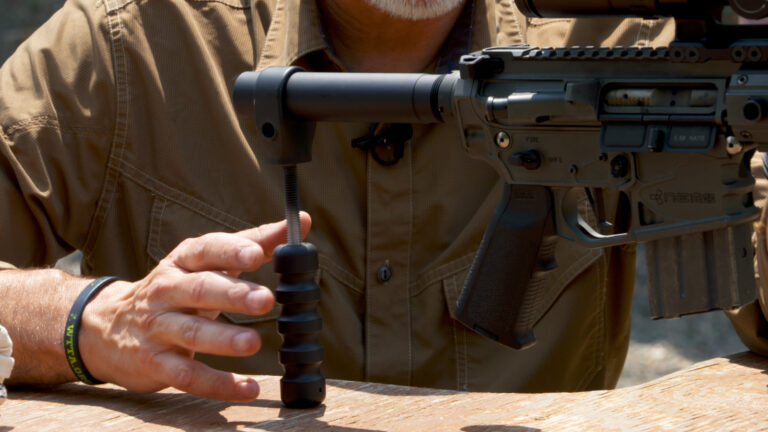
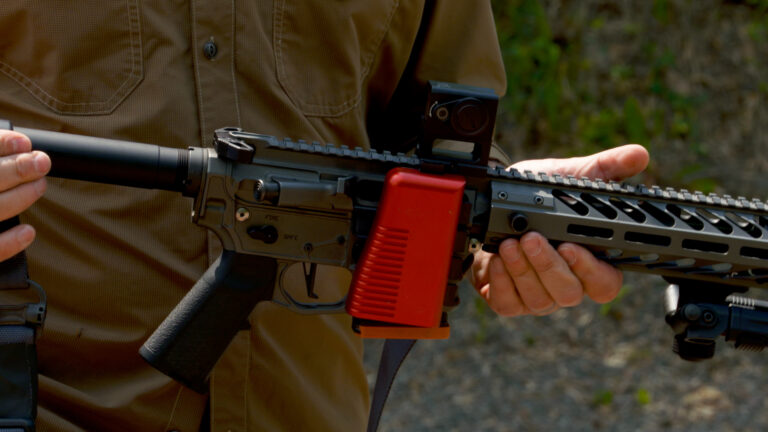
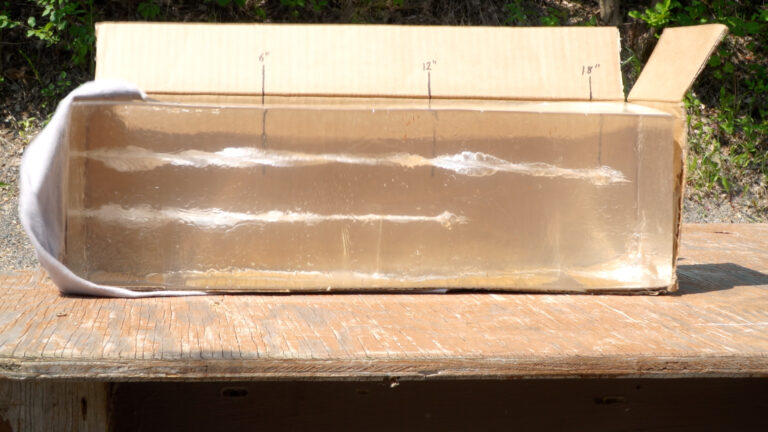
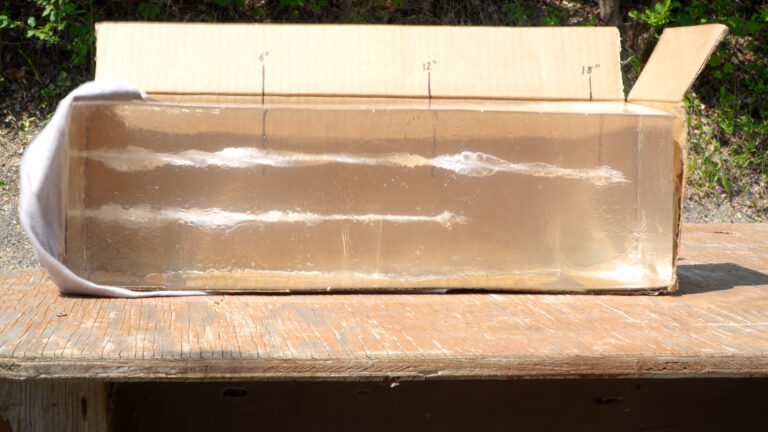
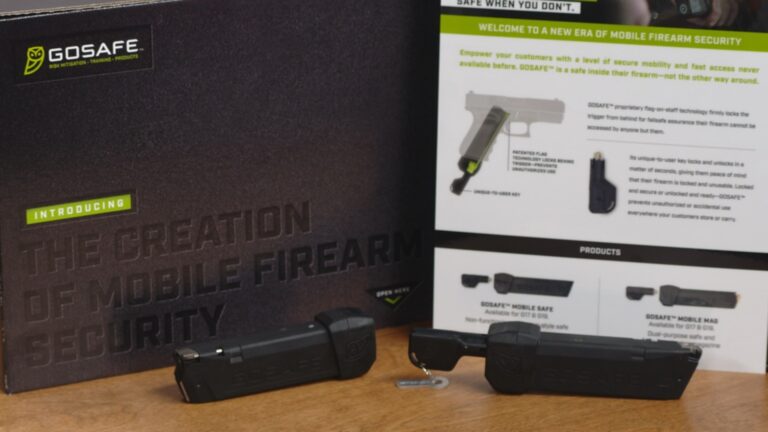
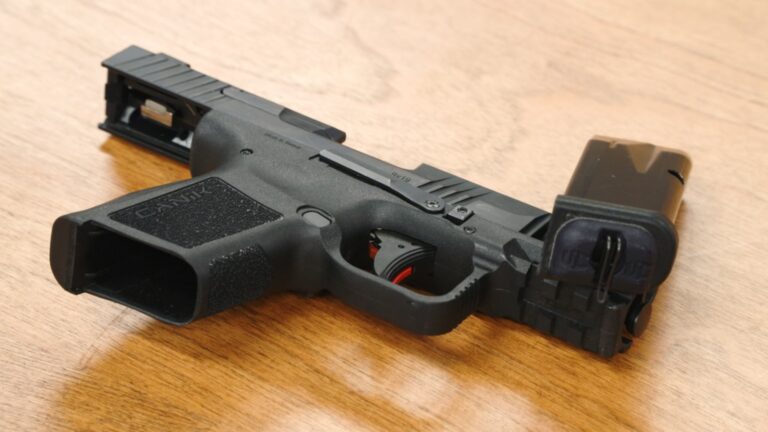
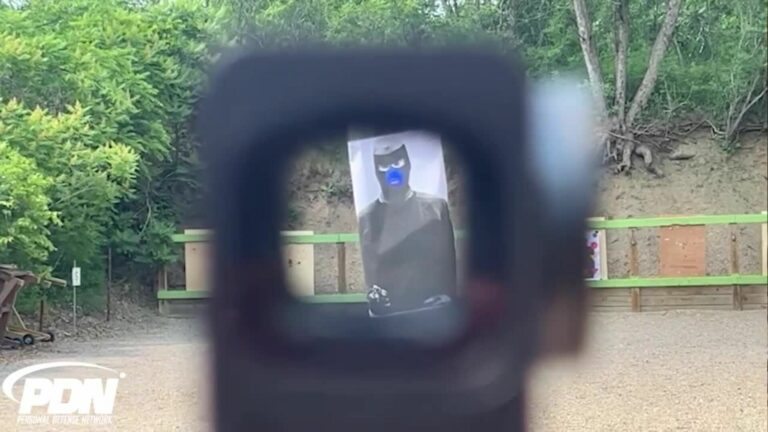
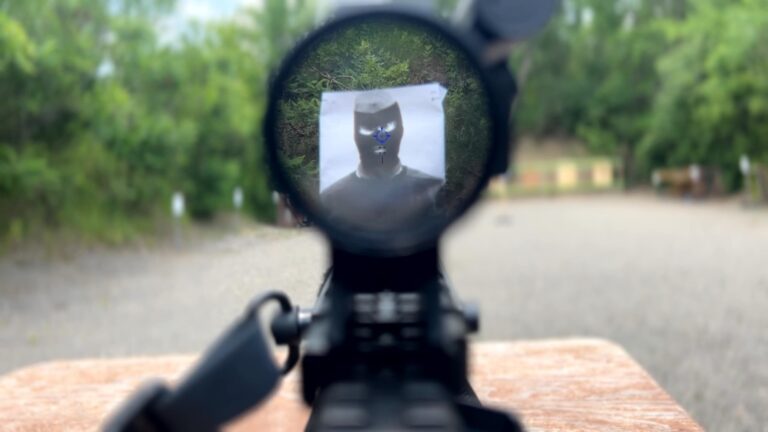
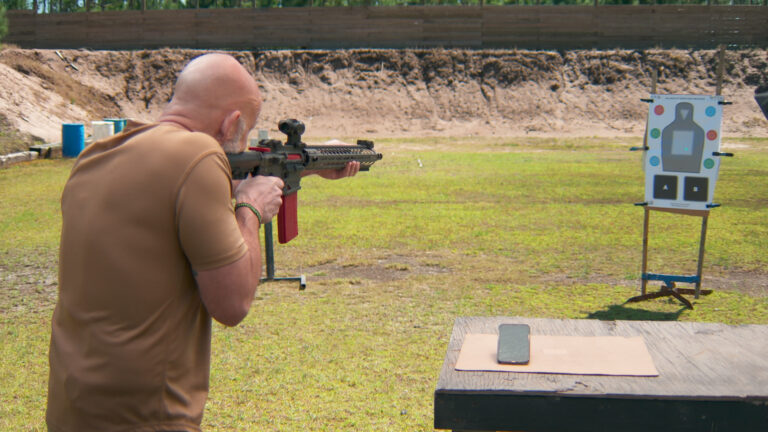

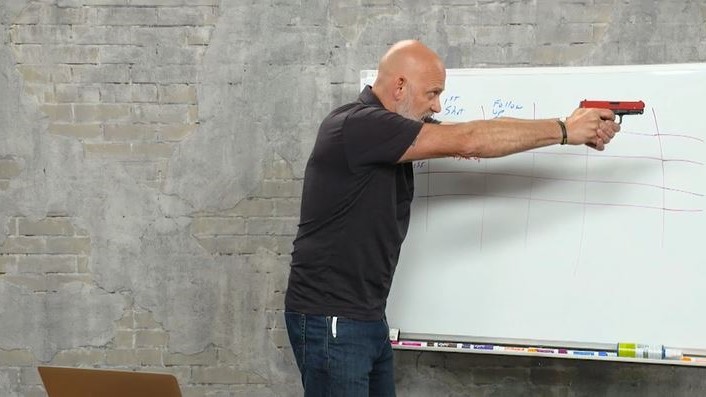
Amateur radio works well. I just went through the evacuation process in Florida due to Hurricane Irma. I ran into a situation where a woman was hit by a car while trying to cross a road during the stop and go traffic. Due to the cell tower congestion, no one was able to call for medical assistance. I was able to get a hold of someone on the 2m national calling frequency to get the repeater for the county EOC I was in. They were able to send help and everything is good. Also I know at least in Florida, most all EOCs have amateur radio operators are co located with emergency staff to assist in communication. When a things go south, and comms are down amateur radio operators will likely to be the first form of communication to be stood up.
Re: FAMILY SAFETY PLAN: COMMUNICATION, you did not say anything about Radios, my family is Ham lic, it only cast $15 for 10 years for FCC amateur radio licence (ham), now have DMR digital radios that can sent text to other dmr radios.
You didn't mention citizens band radios! They have portable ones that are good for a mile or two, and if you hook them up to a car with a bigger antenna you can get out further and CB's have an emergency channel, channel 9
What about FRS. or Amateur radio? Both are good alternatives to cell phones for local and the latter is also good for regional communication, neither requires any infrastructure beyond your own equipment. Amateur radio (a.k.a. Ham radio) has been used for almost a century as emergency communication during some of the biggest disasters we have seen, including Katrina. People should look into these as additional options in their communication plans when cell phones or other methods fail.